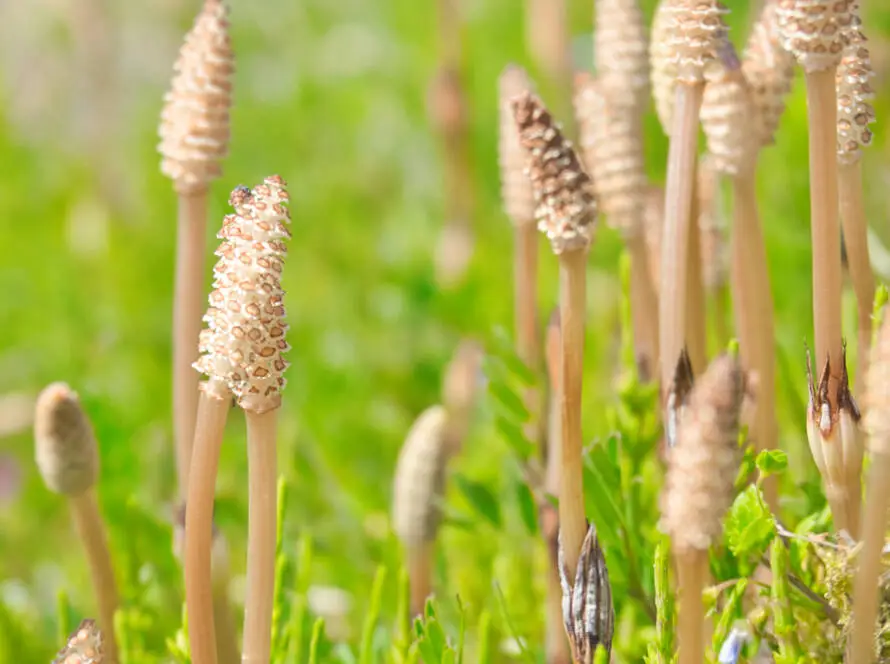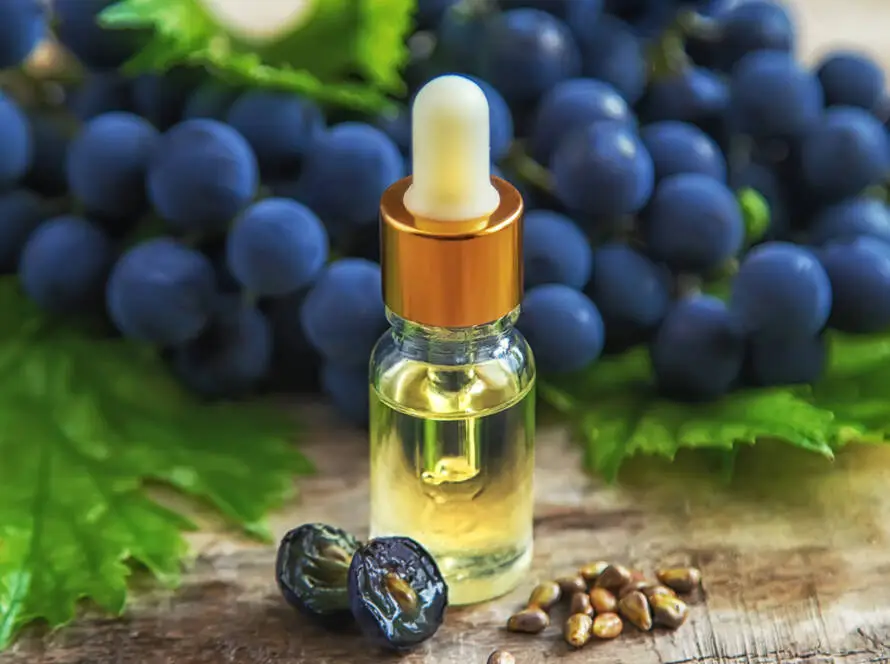Dogwood Tree Herb: An Overview
Dogwood, specifically Jamaican dogwood (Piscidia erythrina), is a fascinating herb native to Central America, Florida, and the West Indies. Recently, it has spread to regions like Texas, Mexico, and northern South America. The dogwood tree is easily recognized by its unique pods, which have four projecting wings. Its bark ranges from yellow to a grayish-brown on the outside, while the interior is lighter and often has a strong, unpleasant smell. The herb is known for its distinctly bitter and acrid taste, which can leave a burning sensation in the mouth.
Common Names
- Dogwood
- Jamaican Dogwood
Scientific Name
- Latin Name: Piscidia erythrina
Uses of Jamaican Dogwood
Jamaican dogwood has been traditionally used to address a variety of health conditions. Some of the most common uses include:
- Neuralgia: This term refers to nerve pain, which can be quite debilitating.
- Nervous Debility: A state of weakness or exhaustion of the nervous system, often characterized by anxiety and fatigue.
- Insomnia: Many seek this herb as a natural remedy to help with sleep issues.
- Migraines: The herb has been used by some to alleviate the pain associated with migraines.
- Dysmenorrhea: This condition refers to painful menstruation, an issue that affects many women.
- Violent Toothaches: Its analgesic properties make it a choice for those suffering from severe dental pain.
- Whooping Cough: Some traditional uses include managing symptoms of this respiratory illness.
How It Is Used
The bark of the Jamaican dogwood tree is the part used for medicinal purposes. Here are some standard dosages:
- Dried Root Bark: Typically taken as 1 to 4 grams three times a day, or as a decoction (a concentrated extract).
- Fluid Extract: A 1:1 extract in 30% alcohol can be taken as 1 to 2 mL three times daily, with a maximum of 2 to 8 mL per day for a more potent 1:1 extract in 60% ethanol.
- Tincture: A tincture with a ratio of 1:5 in 45% ethanol is often taken in 5 to 30 drops (1 to 2 mL) three times daily.
What the Science Says
While Jamaican dogwood is used in various traditional practices, I would like to point out that there has been limited scientific research on this herb. As a result, its safety and effectiveness in treating conditions remain largely unknown. Given its potency, using Jamaican dogwood should always be done under the supervision of a qualified healthcare professional. This ensures that individuals can monitor their health and avoid potential adverse effects.
Side Effects and Cautions
Though Jamaican dogwood may provide relief for certain conditions, it is essential to be aware of potential side effects. Some individuals may experience:
- Gastric Distress: Upset stomach or digestive issues.
- Nausea: This can be uncomfortable and may lead to further complications.
- Depression: Some reports suggest it could contribute to feelings of sadness or lethargy.
These side effects highlight the importance of consulting with a healthcare provider before starting any treatment with Jamaican dogwood.
Conclusion
Jamaican dogwood is an intriguing herb with a rich history and a variety of traditional applications. While it holds promise for addressing several health issues, its use should be approached cautiously due to limited scientific evidence. Please always seek professional guidance to ensure it’s safe for your health regimen.
Sources
- Drugs.com
- Wikipedia.com
Disclaimer
The information I’ve shared about herbs is for educational purposes only and is not meant as medical advice. While many herbs have been traditionally used for their potential health benefits, individual responses may vary, and the effectiveness of herbs can depend on various factors, including personal health conditions and interactions with medications. It is essential to consult with a qualified healthcare professional or a licensed herbalist before using herbs for medicinal purposes or making significant changes to your health regimen. This information should not be considered a substitute for professional medical advice, diagnosis, or treatment.


